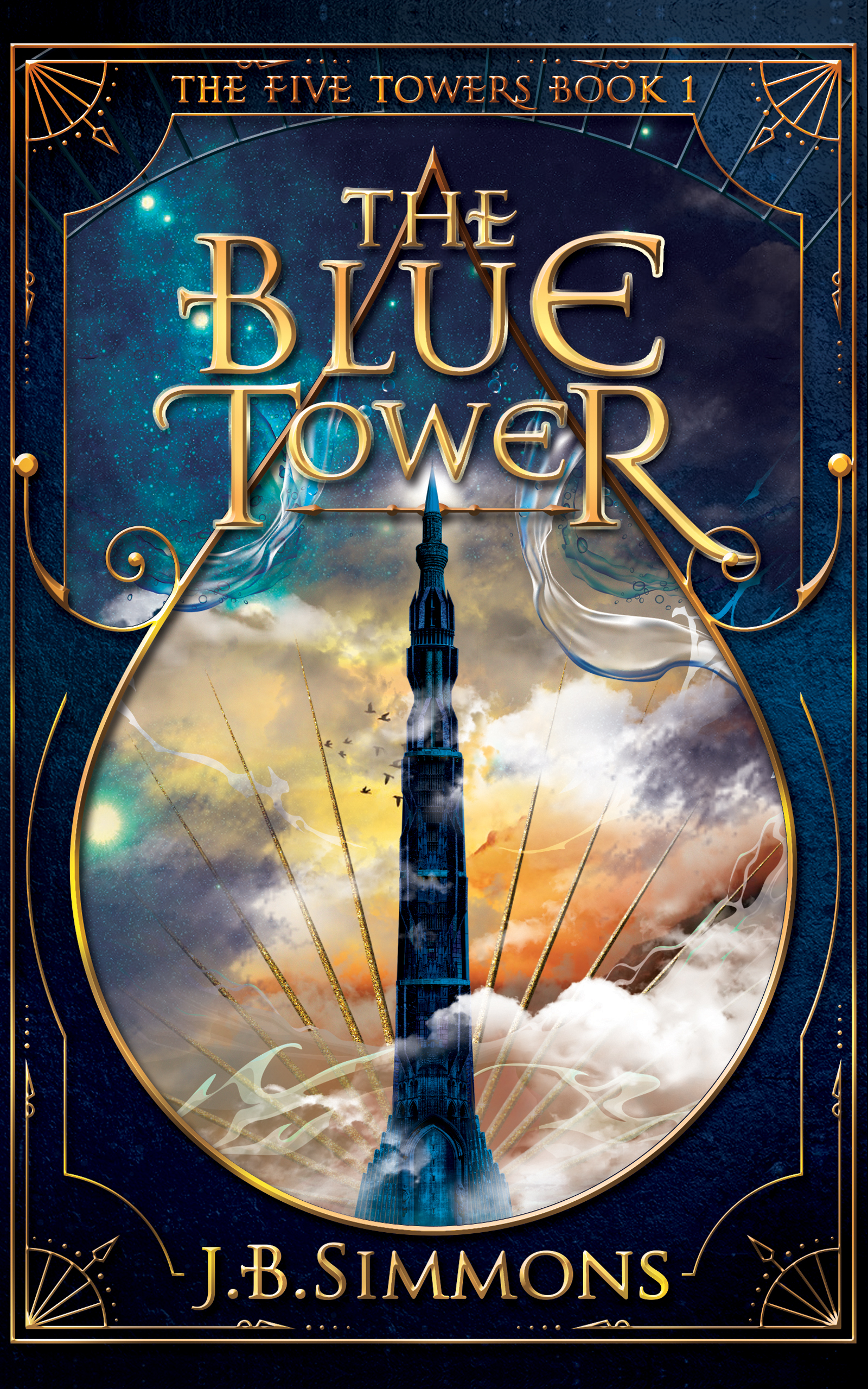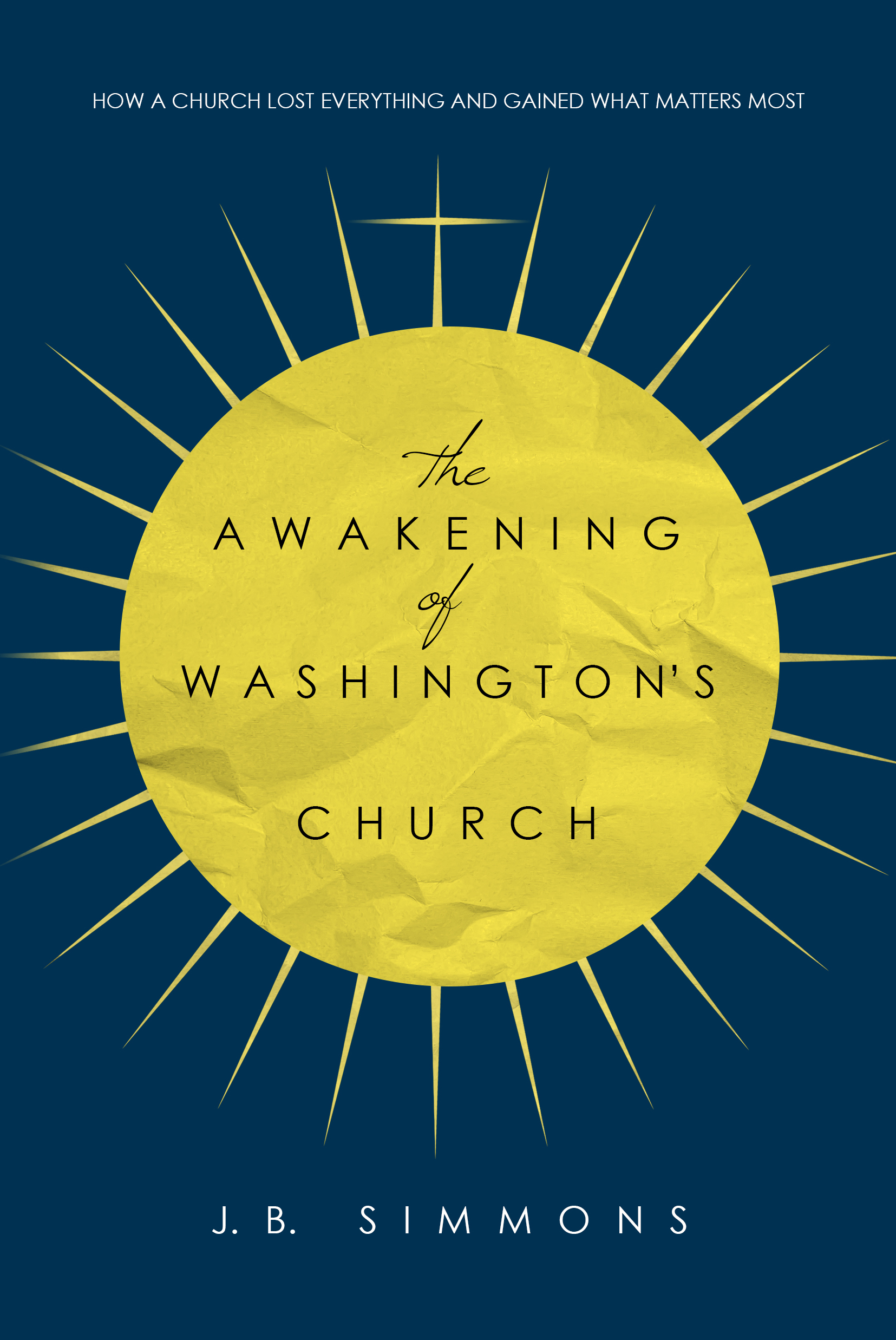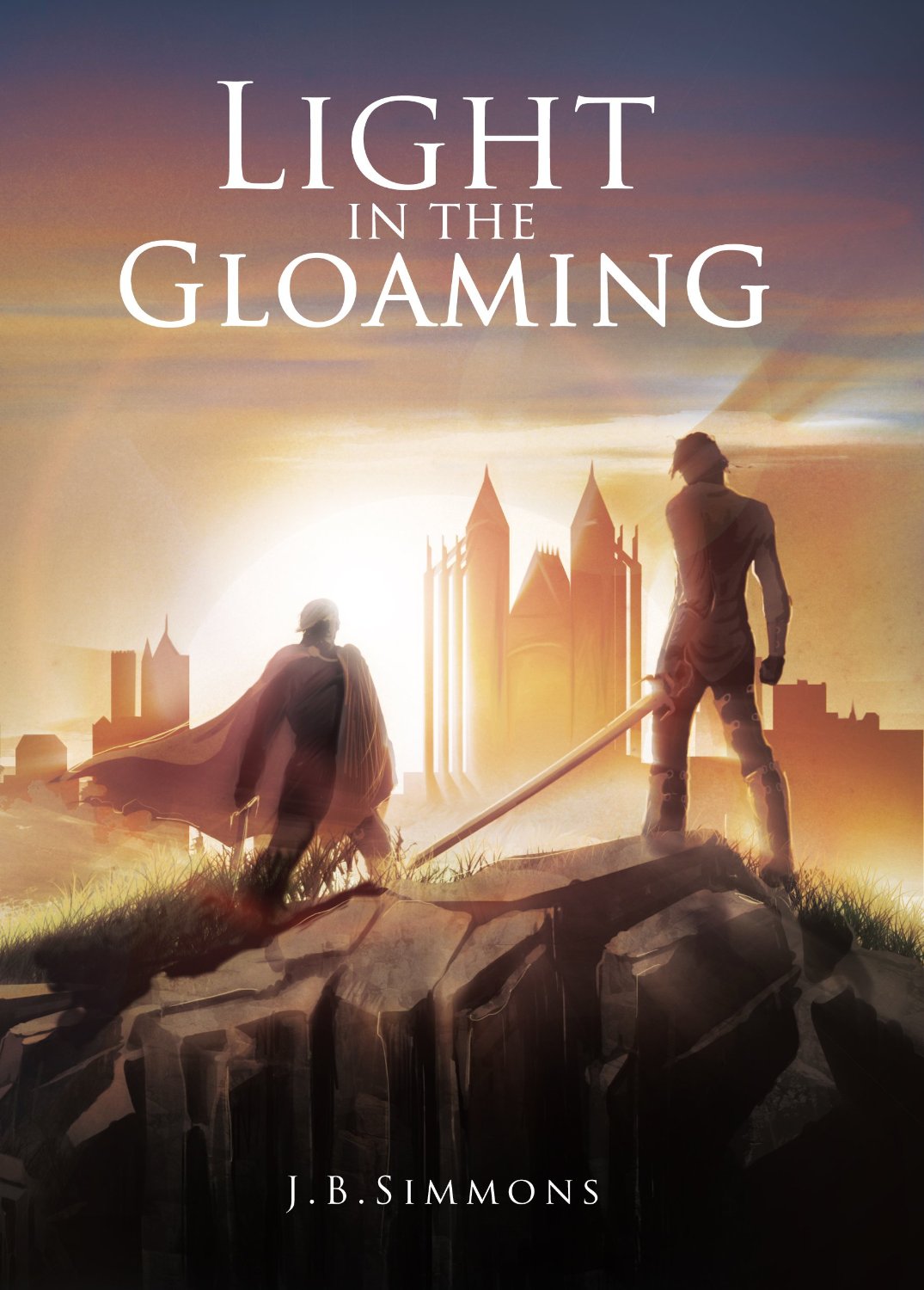Writing Your First Novel
/Welcome to my new blog.
Our lives are a swamp of words. We hear and consume 30,000-100,000 words a day. It is easy to get lost in that swamp. But words still have power. On this website, I hope to provide fresh and succinct insights into the art of writing, words, and life.
As I've recently written my first novel, Light in the Gloaming, I'm beginning with a roadmap for how I did it (actually, for how I wish I had done it now that I've fumbled my way through the first one).
Five Steps To Writing A Novel
It took years, but I crossed the finish line. The race gets easier from here.
Consider the space between each step as an exit ramp. For example, if you don't have an idea (#1), feel free to stop there. (My guess is you'll keep going at least until #4.)
1. Have an idea. It could be a sentence, a place, or a person. This first inspiration does not have to be unique; most stories have been told and retold many times. Stephen King likens this to discovering a fossil. There is nothing new under the sun.
2. Write a little bit. Let your idea take form on a blank page. See which words flow out. You might fill one page or one hundred. Consider whether they are interesting words, words that others might want to read.
3. Outline and discuss. Explore your characters, plot out chapters, and envision at least a few key scenes. Find someone wise, whose judgment you trust, who will speak the truth to you. Treasure that person. Then, tell that person your story. Listen carefully to their response, both what they say and how they say it. Heed their questions. Take notes. If you hear a twinkling of excitement and encouragement, then...
4. Write, write, write. This is the most important step, the true testing ground. Still, do not ignore steps 1-3. A lot of people skip to this step first, which may end up wasting your time (or at least requiring a painful amount of editing). As for how, there are plenty of sappy inspiration quotes. Bottom line: find a routine time multiple days a week to do nothing but write. Early mornings often prove best, especially since you probably have a day job if it's your first novel. Also find a few larger chunks of time -- a whole day, a block of hours -- to immerse yourself in the writing.
5. Revise, share, edit and polish. Do not make anyone else read your first draft. That would waste their time, and you must preserve your cadre of initial reviewers. Revise your first draft by yourself. Write more to fill gaps. Delete liberally, especially cutting redundancies, adjectives, and adverbs. Then pass out paper copies of your finest work to quality editors and thinkers. Prepare to spend just as much time editing again once you have their feedback. Then step away for a few weeks. Read it again and polish it. Overall, this step #5 may take as long as the others combined, but it has the great advantage of ending so that you can share your creation with the world.
Make your words count. -- J.B.









